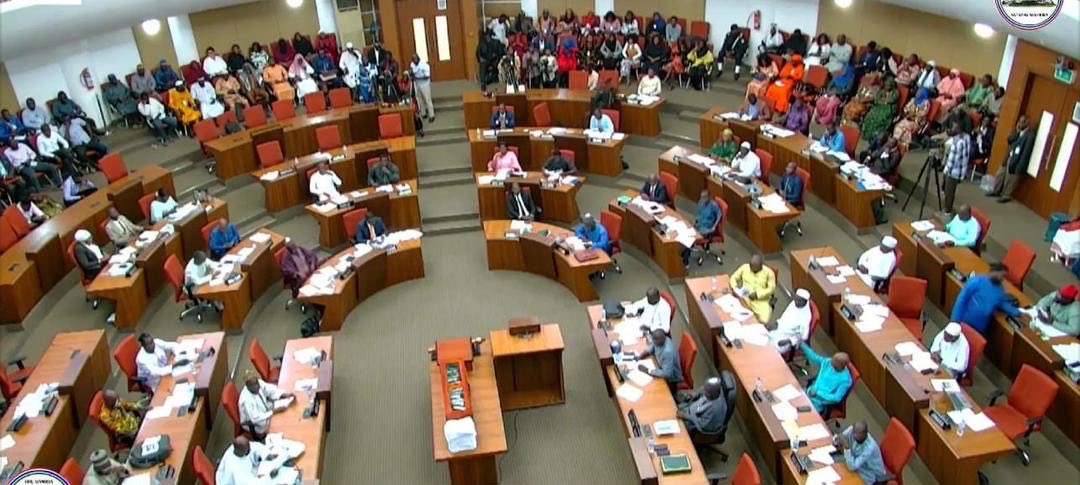
The Gambian National Assembly has voted down the proposed 2024 draft constitution, dealing a significant blow to ongoing reform efforts aimed at reshaping the country’s governance framework.
The bill failed to secure the necessary three-quarters majority during its second reading on July 7, the Ministry of Justice announced in a statement on Tuesday.
According to the official tally, 35 lawmakers voted in favour of the draft, 21 opposed it, and one member was absent.
With the threshold for progression set at 44 votes, the legislation now stalls, halting its advancement to the next legislative phase, known as the “consideration stage.”
“The project will therefore not progress further in the legislative process,” the Ministry of Justice confirmed.
The government described the outcome as a “setback” to national efforts to provide The Gambia with a “transformative constitutional framework” that would entrench democratic values, the rule of law, and transitional justice following decades of authoritarian rule.
Despite the defeat, the Ministry reaffirmed its determination to continue constitutional reforms grounded in “justice, responsibility and popular sovereignty.”
The journey toward a new constitutional order began in 2017 with the establishment of the Constitutional Review Commission (CRC), which conducted extensive consultations both domestically and within the Gambian diaspora.
The first draft, submitted in March 2020, was similarly rejected by parliament, prompting a revised 2024 version that has now also failed to gain legislative approval.
The government expressed appreciation for the contributions of national and international partners in the reform process.
These include the CRC, the National Human Rights Commission, civil society organisations such as Gambia Participates, and international stakeholders like International IDEA, the United Nations Development Programme (UNDP), and the European Union.
Notable figures such as former Nigerian President Goodluck Jonathan and former UN envoy Mohamed Ibn Chambas were also acknowledged for their support.
Looking forward, the Ministry hinted at alternative routes to constitutional reform, including targeted amendments to the existing 1997 Constitution or the possibility of a national referendum.



